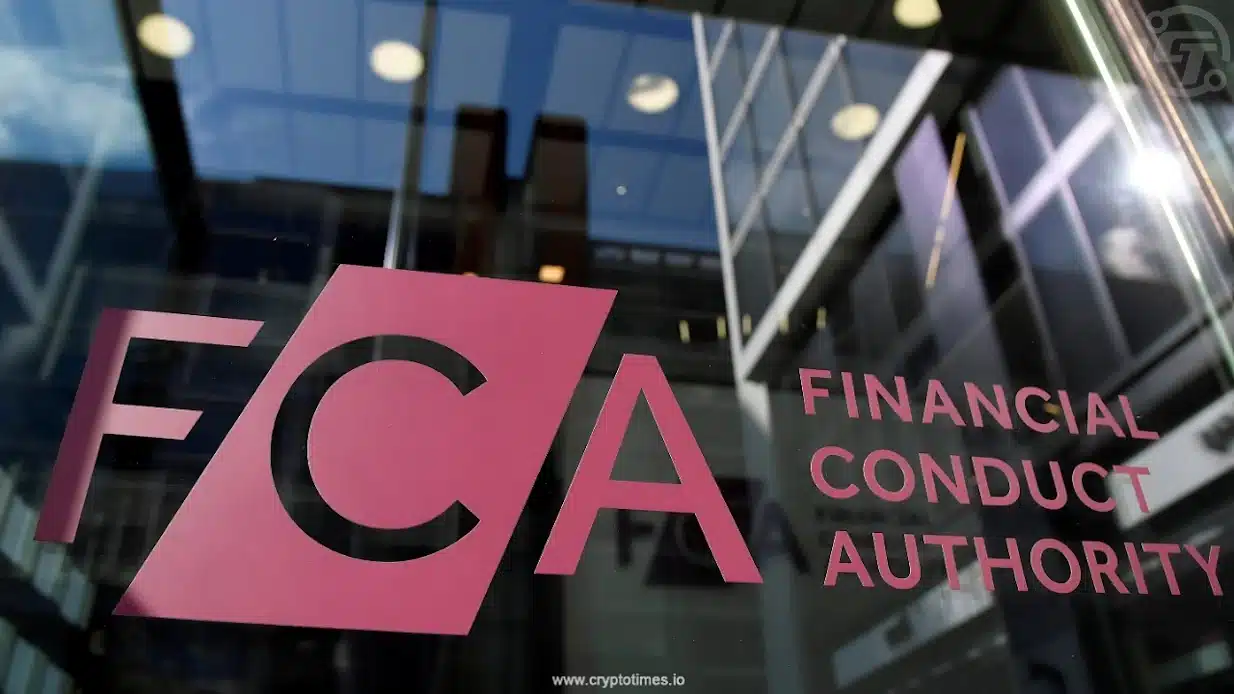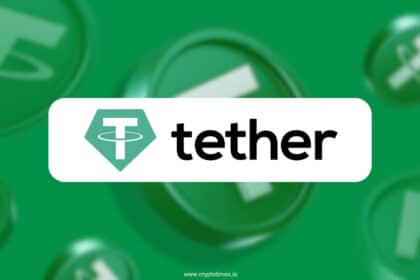UK-listed investing and trading platform IG announced on Tuesday, September 30, 2025, that it has been granted a cryptoasset license from the UK’s Financial Conduct Authority (FCA).
According to the official announcement, this makes IG the first UK-listed business to be added to the FCA’s cryptoasset register. The move is part of a strategy to bring its cryptocurrency services in-house and expand its platform capabilities.
Transition from Third-Party Partnership
Previously, IG offered cryptocurrency trading to its clients through a partnership with the external firm Uphold. The new license from the FCA allows IG to operate its own native crypto platform.
Within this license IG will operate its own crypto platform, taking responsibility for custody, trade execution, and related services. The company stated that customers currently using the partner-based service will be migrated to the in-house platform.
New Features and Regulatory Context
IG’s registration marks a development in the integration of digital assets within the UK’s regulated financial sector. As the first UK-listed trading company on the FCA’s register, the firm provides an example of how established financial institutions may approach crypto services.
Michael Healy, UK Managing Director at IG, said the license provides a foundation for expanding services under FCA oversight. “This marks a significant step forward for IG as we continue to broaden our offering for UK investors.” He added that the firm looks forward to working with the regulator as it builds out its crypto platform.
As the first UK-listed trading company added to the FCA’s cryptoasset register, IG’s registration illustrates how financial institutions could be looking forward to expanding into digital assets under regulatory supervision.
This positions the firm to compete alongside crypto-native exchanges while offering services within a regulated framework, since the UK government is making efforts to align these policies.
IG’s entry into the FCA register signals a structural change in how the firm manages its crypto services. The transition to an in-house model, alongside plans for expanded features, reflects the gradual integration of digital assets into the UK’s regulated financial sector.
Also read: Big Banks Join UK Finance to Test Tokenized Deposits Pilot












